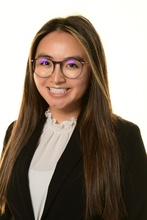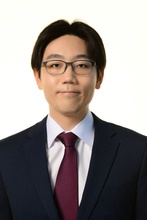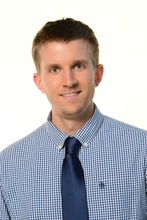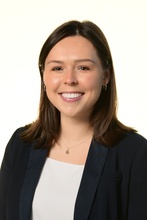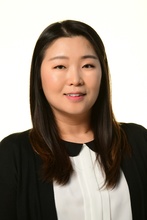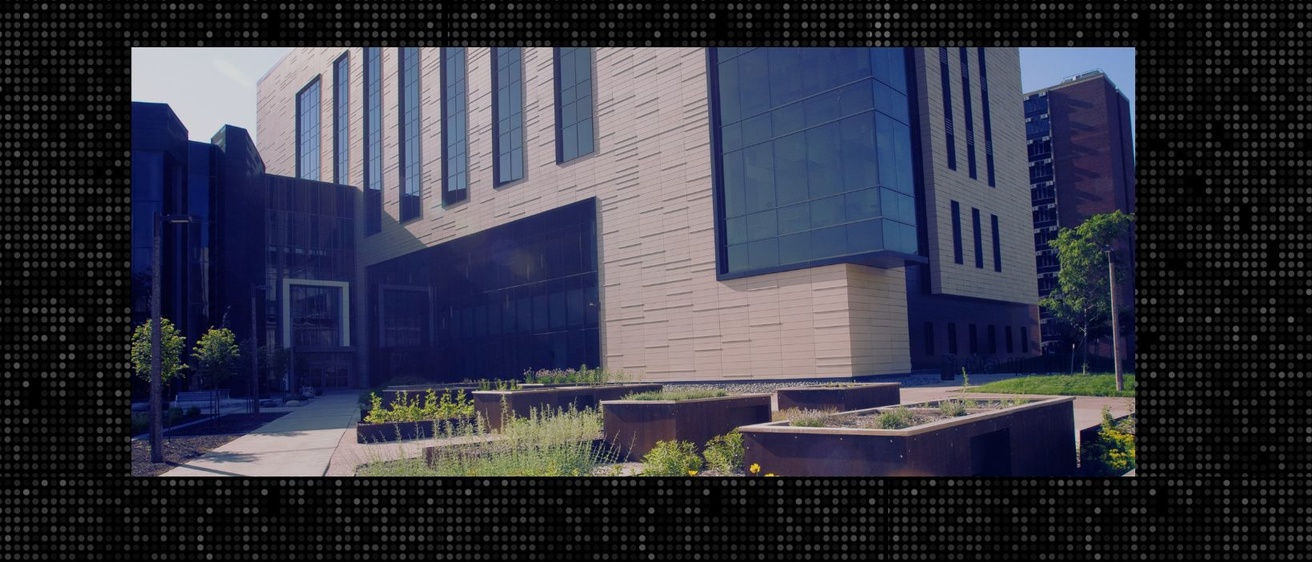For those graduating with a Doctor of Pharmacy degree, embarking on a residency is a way to gain extra skills and experience to further prepare for their career. Overseen by the American Society of Health-System Pharmacists – the accrediting body for all pharmacy residency programs – pharmacy residencies are one-or two-year training programs providing hands-on decision making and experience working with other health-care professionals under the supervision of an experienced preceptor. Residencies also include focused mentoring, leadership development, research experience, and preparation for advanced pharmacy positions.
Residencies are offered to applicants through a match program, known as the “Match.” It provides a structure for helping graduates (pharmacists) find residency programs in their career focus, such as ambulatory care, community-based, and hospital.
Most seeking residencies apply during their final year of pharmacy school. During 2023, the University of Iowa College of Pharmacy had 52 individuals participate in the post-graduate year 1 (PGY1) match program. Forty-eight of those submitting applications matched a residency program, or 92%. The national match rate was 82% and the Big Ten Conference was 86%. There also is a separate post-graduate year 2 (PGY2) match process.
Learn about plans from a few 2023 graduates entering residencies below.
Keitasha ArnoldPGY1 - Traditional
Corewell Health West - Grand Rapids, Michigan
I chose to apply for a residency position because I aspire to be a board-certified clinical pharmacy specialist in ambulatory care. I believed a pharmacy residency would help me accomplish this goal and become a well-versed clinician that forms lasting and impactful relationships with patients. When first exploring the pharmacy field, the opportunity for direct-patient care excited me. I only confirmed my passion for patient care during my ambulatory care APPE rotations during the past year. The meaningful relationships I formed with patients demonstrated the impactful role I can have as a future pharmacist and inspired me, even more, to continue enhancing my clinical knowledge. Through my rotations, I was fortunate to have mentorship from preceptors. They inspired me to grow as a future pharmacist and pursue residencies and helped me through the application process. My preceptors never failed to illustrate the impact they had on their patients and other members of the interdisciplinary team, furthering my desire to pursue a pharmacy residency and become a clinical pharmacist. I am excited about beginning my residency at Corewell Health West because I look forward to experiencing the unique ambulatory rotations they offer, working with the diverse patient populations that visit the hospital, being challenged by unique learning opportunities, and expanding my clinical knowledge. |
Tiffany BuiPGY1 - Community-based Pharmacy
Vanderbilt University Medical Center – Nashville, Tennessee I decided to do a residency since I want to expand my clinical knowledge and learn more specialty pharmacy. I am very passionate about patient care and learning how to manage and ensure my patients have access to their specialty medications. I decided to do a specialty-focused residency since I want to be a pharmacist embedded in an outpatient clinic and be the pharmacist who helps manage the clinics' patients and their medications. I feel fortunate to have a mentor, (pharmacist) Suriya Xiong, who showed me firsthand how essential pharmacists are in the (inflammatory bowel disease) clinic and how we can help manage and ensure medication access to our vulnerable patient population. I am most excited to be embedded in all of Vanderbilt University Medical Center outpatient clinics such as neurology, rheumatology, and hepatology – just to name a few – and learn how to better manage patients in various disease states. I am very excited to meet my co-residents and to move to Nashville. |
Lucy ErnstPGY1 & PGY2 with an MBA - Health System Pharmacy Administration and Leadership
Oregon Health & Science University - Portland, Oregon I applied for a residency position to further my skills as a clinician and leader. I chose to pursue a residency in administration and leadership because I am passionate about the impact pharmacists can make on patient care on a systems level. I found my passion for this track early in pharmacy school, and I have had many amazing mentors along the way that have helped me in this area: Tricia Schneider (professional mentor), Jennifer Morris (pharmacist), Diane Reist (clinical associate professor), Mike Brownlee (clinical associate professor), and Jamie Sinclair (adjunct assistant professor). I am excited about this residency because I will have the opportunity to grow professionally and explore a new city across the country. |
Chan Woo KimPGY1 - Traditional
Piedmont Atlanta Hospital – Atlanta, Georgia I believe the residency program will bridge me from a student to an all-around, fully functional clinical pharmacist, which is my short-term career goal. I am interested in cardiology, specifically anticoagulation. I found the area of practice has the potential for the involvement of pharmacists in the future. My faculty mentor Clinical Associate Professor Matthew Cantrell, preceptor Ryan Hobbs, and physician Jamie Smelser (made) a big impact and impression to decide my career path. I am excited to start a new chapter of my career with my new family in a new location. The hospital I am going to is a cardiovascular center in the area, which fits my greatest interest. I am excited to learn more from the program and shape the first step of my career journey. |
Josh LechnerPGY1 - Traditional
University of Iowa Hospitals & Clinics – Iowa City, Iowa My goal prior to beginning pharmacy school was to complete two years of residency to work as a pharmacy specialist in my interest areas. I chose to pursue a PGY1 residency with the intent to pursue a PGY2 residency in infectious disease. Completing a PGY1 acute-care residency is the next step to achieving that goal. There were several mentors I've worked with over the past year while on rotation and outside of pharmacy school who helped me achieve this goal and I'm very grateful for them. I was fortunate to have several rotations at the University of Iowa Hospitals & Clinics (UIHC) prior to applying for residency. Many of the preceptors I trained with were dedicated to teaching and challenging learners, which was important to me when picking a residency program. |
Alison UrbanskiPGY1 - Traditional
NorthShore University HealthSystem at Evanston Hospital – Evanston, Illinois I chose NorthShore because of the large offering of rotation experiences, the dedicated preceptors, the vast patient population, and the uplifting, encouraging environment the pharmacy team cultivates. I plan to pursue an advanced critical-care rotation and an infectious disease rotation at NorthShore to align (with) my future goal of pursuing a PGY2 in one of these areas. Before starting pharmacy school, I knew I wanted to work as an inpatient pharmacist, primarily because of my technician role at the UIHC. I was lucky to have great mentors along the way to push me to pursue these big ideas I had of going into acute care, which I understood was commonly pursued via residency. Fast forward four years and I am grateful to say I am on track to accomplish this goal. I look forward to mentoring pharmacy students next year as a resident to hopefully encourage others who may have similar passions as me. I am excited about this residency for so many incredible reasons. I am looking forward to moving back to the Chicago area and working in a field I am so passionate about. Fun fact: I was born in the NorthShore HealthSystem, so being able to accept my first "big girl" job here feels like my journey is coming full circle. I will always be thankful for that. |
Ara WiesePGY1 -Traditional
MercyOne North Iowa Medical Center – Mason City, Iowa I chose to do a residency because my long-term goal is to become a clinical specialist working as a multidisciplinary team member at a hospital. During hospital rotations in my fourth year, I enjoyed working with other health-care professionals and watching pharmacists play a critical role in every aspect of patient care. I'm also very interested in clinical research, and I liked that most of the residency programs encourage you to do research projects during the PGY1 year and provide opportunities to present your research at conferences. I'm passionate about patient care, and I would like to use my knowledge and clinical skills to provide better care and help them achieve better health outcomes. I am looking forward to developing clinical skills and working with other health-care professionals. |

